Monthly Journal
December 2024
International Press Review
The most relevant events of the area through international sources

EU to accelerate enlargement to the Balkans, Kallas said
AFP, EU
The EU’s new top diplomat, the High Representative Kaja Kallas, pledged to advance Western Balkans enlargement within five years at the latest EU-Balkans summit in Brussels in December. The process, spanning two decades, gained a new momentum after Russia’s invasion of Ukraine. Ukraine and Moldova have since joined the enlargement queue alongside Albania, Bosnia, Kosovo, North Macedonia, Montenegro, and Serbia. Montenegro is currently the most advanced country in the EU accession process, while Serbia’s ties with Russia and refusal to align with EU sanctions complicate its path. Kosovo, unrecognised by five EU states, remains far away from membership. EU and Balkans leader at the summit agreed on the ‘Brussel Declaration,” which underlines the urgency of speeding up the EU membership perspective of the region.
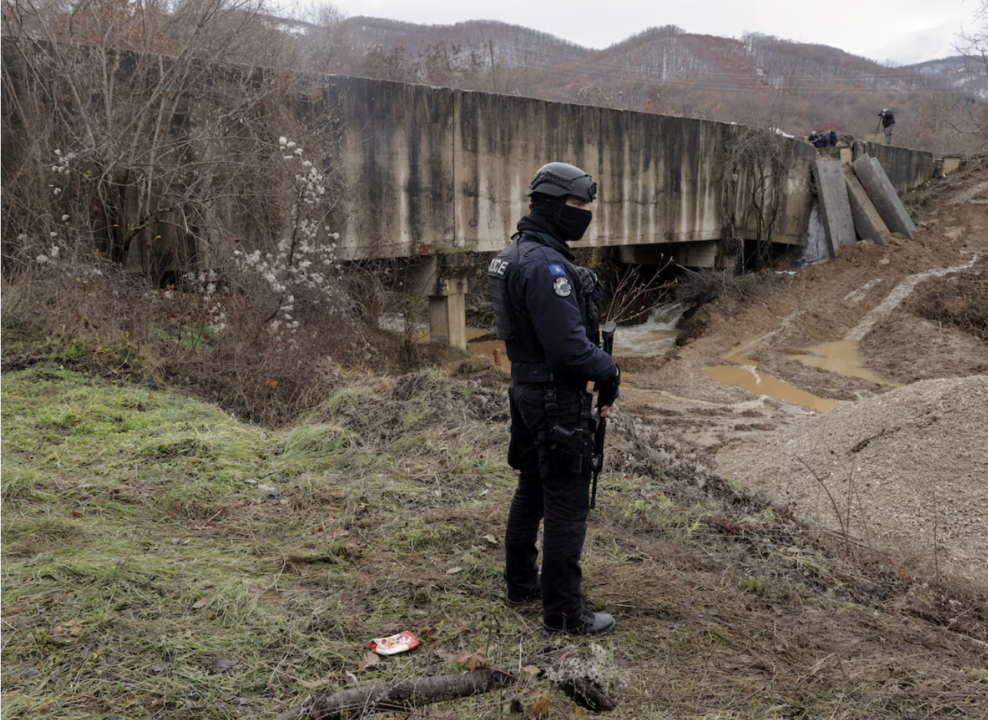
Serbia pledges to cooperate on Kosovo’s explosion investigation
Reuters
Serbian President Aleksandar Vucic pledged to help investigate an explosion at the Ibar-Lepenac canal in Kosovo, which disrupted water supplies to citizens and to the country’s powerplants. Kosovo blamed Serbia for the attack, calling it an act of terrorism, which Serbia denied. Vucic stated that Serbia was ready to share information, including with Pristina, and reiterated that his country had no involvement in the incident. He also accused Kosovo’s Prime Minister Kurti of using the case to strengthen control over the north, where the local Serbian majority population still reject Pristina’s authority.

Belgrade to maintain its military neutrality, but open to cooperation with NATO
Telegraf
Serbian President Aleksandar Vucic met with Admiral Stuart Munsch, commander of NATO’s Joint Forces Command in Naples, discussing also the relations between Serbia and NATO. Vucic reaffirmed Serbia’s policy of military neutrality but expressed openness to further cooperation to maintain regional stability and security. The two also discussed continued cooperation through the Partnership for Peace program and improving joint activities, including civil response in emergencies.

EU investigates TikTok’s role in Romanian elections
BBC
The European Union has launched a formal investigation into TikTok over “serious indications” of foreign interference in Romania’s recent presidential election. The second-round vote was cancelled earlier this month after the Romanian intelligence revealed that thousands of TikTok accounts were activated weeks before the first round, irregularly promoting independent far-right and pro-Russian candidate Georgescu among voters. EU regulators will investigate whether TikTok’s advertising policies and content recommendation systems violate the Digital Services Act (DSA), designed to curb disinformation and illegal online activities in the Union.
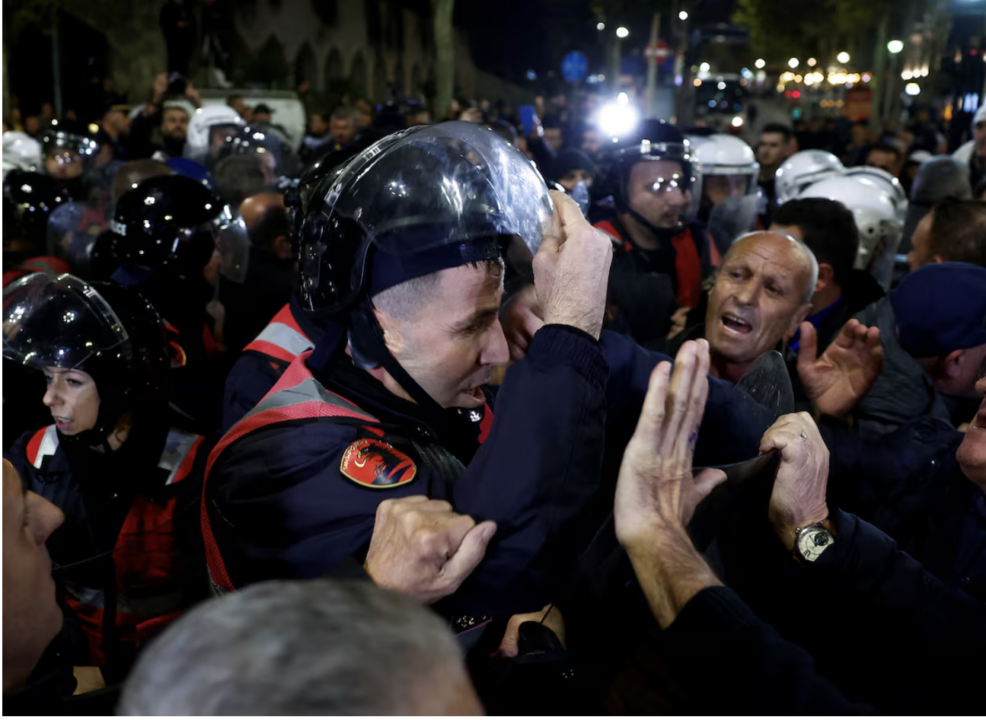
Moldova declares emergency over Russian gas supplies
Reuters
Moldova’s parliament approved a state of emergency in the energy sector due to fears that Russia may cut off gas supplies this winter. The emergency, lasting 60 days, will enable a special commission to manage risks if Moscow halts gas deliveries to the Kuciurgan power plant, located in the Transnistria region. Moscow’s energy giant Gazprom supplies the gas-operated Kuciurgan plant, which generates electricity that powers a significant portion of Moldova. Romania’s energy minister Sebastian Burduja assured that Romania could support Moldova if needed.
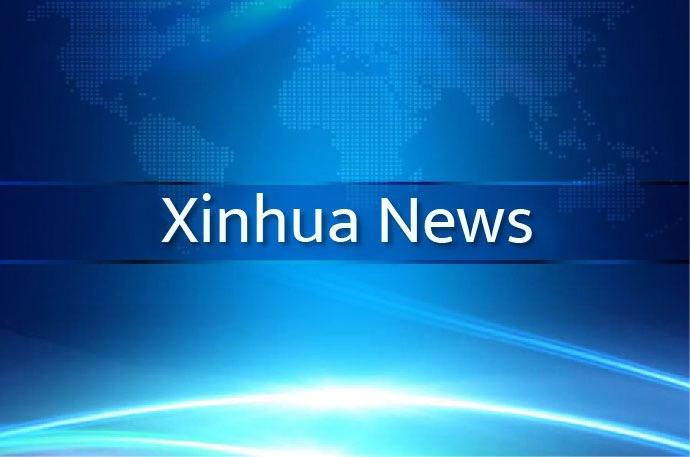
China and Serbia to deepen strategic cooperation
Xinhua
Chen Wenqing, a senior official of the Communist Party of China (CPC), met Serbian Deputy Prime Minister Aleksandar Vulin in Beijing in December. Chen highlighted a growing consensus between the two countries on deepening the China-Serbia strategic partnership. He urged both sides to maintain their strong friendship, strengthen exchanges, and cooperate under the so-called Belt and Road Initiative.
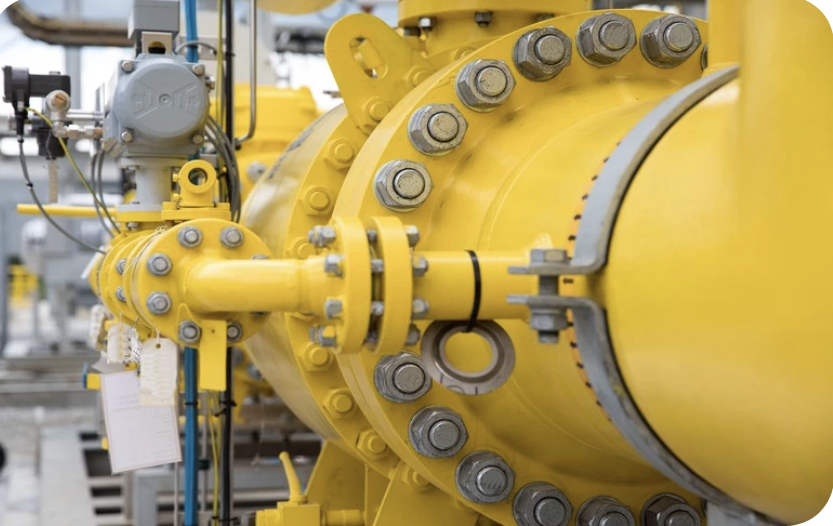
Bosnia moves towards independence from Moscow’s gas
SeeNews
The lower house of Bosnia and Herzegovina’s Federation parliament approved a law to implement a gas pipeline project linking the country to Croatia, aimed at reducing dependence on Russian gas by sourcing supplies from the EU. For the law to take effect, it must also be approved by the House of Peoples. The Southern Interconnection pipeline will run from Zagvozd in southern Croatia to Posušje and Travnik in Bosnia, with a branch to Mostar.
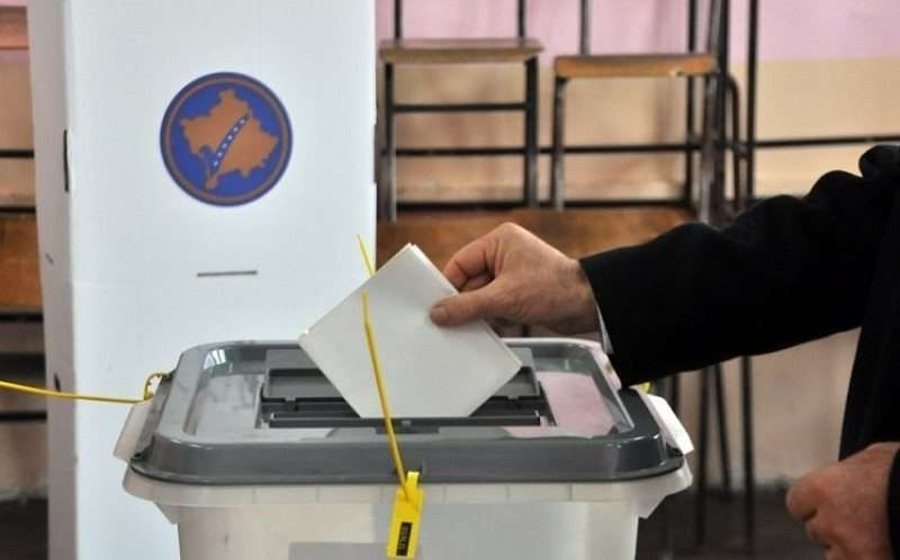
Kosovo to hold general elections in February 2025
A2-CNN
The Central Election Commission (CEC) of Kosovo announced that the deadline for political subjects to apply for the February 9 elections closed on December 11. The application period, which began in September, saw submissions from 20 political parties, five coalitions, two civic initiatives, and one independent candidate. The political parties represent Albanian, Serbian, and other communities in Kosovo. The CEC will confirm the lists by December 25. The 2025 elections will be Kosovo’s first regular parliamentary elections since its declaration of independence in 2008.
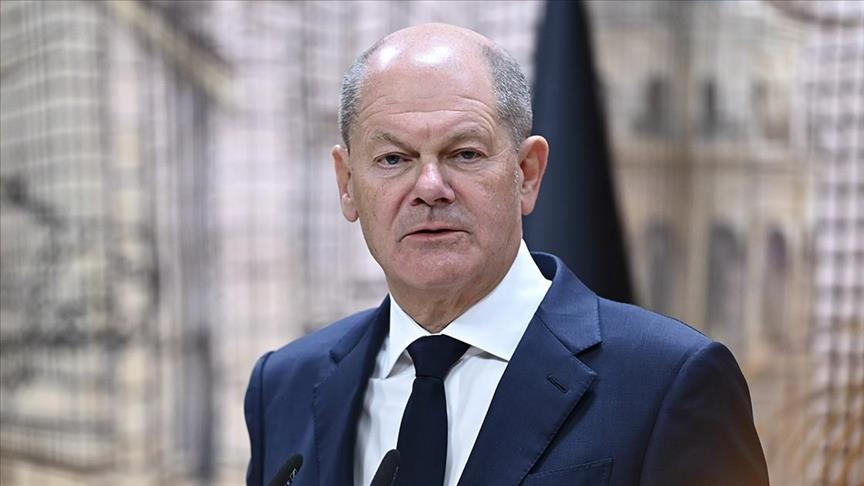
Scholz and Vucic discuss lithium exploitation
Anadolu
German Chancellor Olaf Scholz emphasised the need to expand lithium mining in Europe, citing its vital role in the transition to electric vehicles. During a visit to the Saxony Mining Authority, together with Serbian President Vucic, both leaders also discussed sustainable lithium extraction in Serbia. While the EU reached a lithium-related agreement with Belgrade in July, protests have erupted in Serbia over concerns about groundwater contamination and environment protection. Scholz acknowledged these concerns, stressing the importance of high environmental standards.

Amnesty accuses Serbia to spy on journalists and activists
Reuters
Amnesty International claimed that Serbian authorities installed a homegrown spyware, called “NoviSpy,” on the phones of journalists and activists. The accusation was based on digital forensic evidence and testimonies. The spyware secretly took screenshots, copied contacts, and uploaded data to a government-controlled server. In some cases, Israeli company Cellebrite’s software was used to unlock phones before the spyware was installed. Activists and journalists reported suspicious phone activity following interviews with Serbian police and security forces. The Serbian intelligence agency BIA denied the allegations, claiming the report was “nonsensical.”

Montenegro closes three negotiations chapters with the EU
European Western Balkans
Montenegro closed three negotiating chapters with the EU, marking the first such progress since 2017 and signalling an acceleration of its EU integration. The country, with all 33 chapters opened and six provisionally closed, is the most advanced candidate, ahead of Serbia, which has opened 22 chapters and closed just two. Montenegro closed Chapter 7 (Intellectual Property Law), Chapter 10 (Information Society and Media), and Chapter 20 (Enterprise and Industrial Policy). This follows a successful year for Podgorica in terms of progress towards the EU, including positive reports on Chapters 23 and 24, the adoption of the Reform Agenda, and meeting technical conditions for closing Chapter 31.

Grenell will be back in the Balkans as Trump’s envoy for “special missions”
Reuters
US President-elect Donald Trump announced that he had selected Richard Grenell, his former intelligence chief, as presidential envoy for “special missions.” In this role, Grenell is expected to lead policies and actions toward US adversaries, including North Korea, and address tensions in the Balkans, Reuters reported. Grenell previously served as Trump’s ambassador to Germany, Special envoy for Serbia and Kosovo peace talks, and acting director of the national intelligence during Trump’s 2017-2021 term.
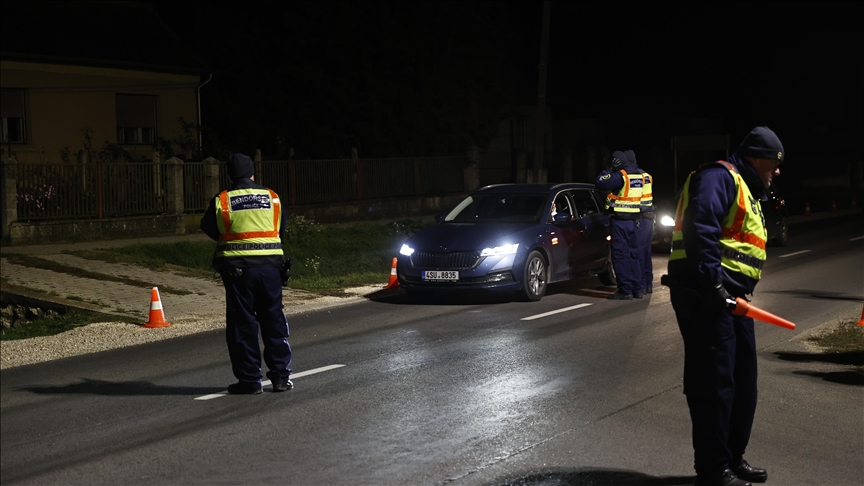
A pro-Russian mercenary group allegedly planned attacks in Bucharest after the presidential elections. However, the plans were thwarted, according to a media reports. The group, led by Horatiu Potra, a Romanian-French mercenary linked to Russia’s Wagner group, was intercepted by police in the Ilfov province as they made their way to the capital. Police seized firearms, axes, swords, machetes, knives, and illegal drugs from the group’s vehicles. Potra, known for his support of ultranationalist presidential candidate Calin Georgescu and his pro-Russian views, was taken into custody for questioning, along with 13 others.
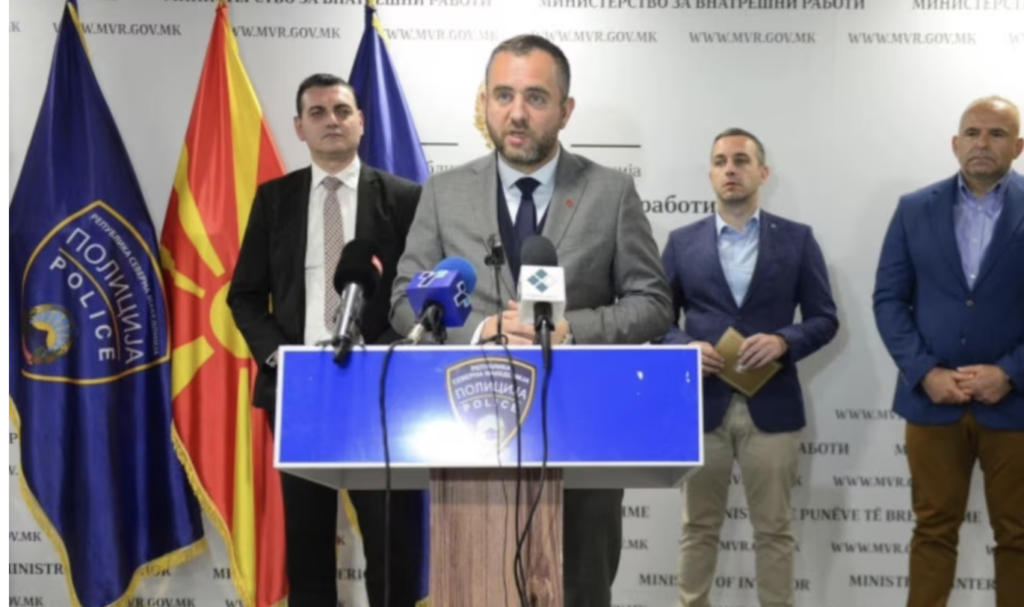
Islamic radicals arrested in North Macedonia
The Associated Press
Four men were arrested in North Macedonia in December, as they were suspected of planning terrorist attacks. Interior Minister Panche Toshkovski stated the suspects had been under surveillance for some time, while the Prosecutor Office said that the organisation was “based on the ideological matrix of the notorious Islamic State (IS) terrorist organisation.” The group “had the intention to carry out a terrorist act against civilians.” The region experienced two significant attacks this year, both attributed to radical Islamists. One attack occurred in Serbia, while the other took place in Bosnia and Herzegovina.
The Insight Angle

Toby Vogel
Toby Vogel is a political analyst specialising in EU foreign policy, enlargement, information manipulation, and migration and asylum, with a focus on the Balkans. Based in Brussels, he is a co-founder and Senior Associate of the Democratization Policy Council (DPC), a think-tank in Berlin. He has written for “Foreign Affairs”, the “TLS”, and “EU Observer”, among others, and has advised various UN agencies and EU institutions on a range of issues including development finance and disinformation.
What do you expect from the new EU Commission over the next five years in terms of accelerating the EU integration process for the Balkans? Could we also see an acceleration of membership for countries like Moldova and Ukraine, potentially ahead of the Balkans?
The official line from the European Commission is that the EU’s enlargement policy is “back on track and accelerating”, not only in Moldova and Ukraine but also in the Western Balkans. The start of accession negotiations with Albania is presented as evidence for this, as is the expected closing of negotiation chapters with Montenegro and candidate status for Bosnia and Herzegovina. It is possible that Montenegro will join the Union by 2029, when the current European Commission mandate ends, if the pro-Serbian and pro-Putin elements in its governing coalition allow it.
At the same time, the accession process is at a complete standstill for Kosovo and Bosnia and Herzegovina, despite the latter’s candidate status, awarded prematurely. And I’m struggling to see a way ahead for either of them, though for very different reasons. And as long as North Macedonia doesn’t meet Bulgarian demands for constitutional amendments, it won’t be able to progress, either. What we’re seeing, in other words, is a split of enlargement policy into an accession mode for some countries and a containment mode for others.
And what do you think about the ‘option 2030’, i.e. including all the Western Balkans in the EU by the next five years?
Option 2030 is highly unrealistic – unless the EU is willing to simply drop the current accession requirements. Will Serbia reform sufficiently to meet the conditions? Will it recognise Kosovo? Will Cyprus, absent a settlement to the Cyprus question, recognize Kosovo? Will Bosnia and Herzegovina manage to amend or replace its constitution? These are just some of the most obvious obstacles.
Several Balkan leaders, notably Milorad Dodik and Aleksandar Vucic (and Orban of course, even if Hungary is not in the Balkans…) have expressed satisfaction with Donald Trump’s re-election. Do you foresee any shifts in US policy toward the region, and what kind of impact could this have?
I think the main impact will be heightened uncertainty, both at the level of policy and institutionally. I doubt that the Western Balkans is high up the priority list of the incoming administration, but that might also open the door for profit-driven personal involvement by individuals close to Trump, inside or outside of the administration. Let’s not forget that when Richard Grenell got involved in Serbia/Kosovo, he was US ambassador to Germany – he had no institutional remit to deal with the matter, yet he did. This could happen again, with Grenell or someone else. Trump’s excellent relations with Orban could well mean that US Balkan policy is de facto outsourced to Budapest, which would be very bad news indeed.
What are the future prospects for the Serbia-Kosovo dialogue under EU guidance?
The dialogue needs a complete reset. It has not delivered anything meaningful in many years. Incoming HR/VP Kallas and enlargement commissioner Kos seem to understand this very well, and I’m confident they are determined not to repeat the mistakes that were made in the past. Some of these had to do with personnel choices – clearly EUSR Miroslav Lajcak was the wrong man for the job – but more importantly, they had to do with the EU’s fixation on Belgrade (shared by the US) and the notion that Serbia needed to be “rewarded” for being “constructive.”
This attitude translates into not pressuring Serbia at all even when it was far from constructive; this complete impunity has now produced not only Banjska, but most likely also the attack against the Ibar-Lepenac canal.
We’ve observed the first-round victory of pro-Russian ultranationalist Georgescu in Romania, alongside the rise of populist forces aligned with the pro-Russia camp in Moldova and Georgia – not to mention the controversial foreign policies of Hungary, Serbia, or Slovakia. Should this trend be a cause for concern for the EU and NATO?
Both the EU and NATO are far more alert to the danger of illiberal and/or pro-Putin forces in their midst than they used to be, largely thanks to the example of Hungary. Recent revelations of Hungarian spying on the European Commission will have heightened such concerns.
The Commission is now also taking action against TikTok after the Romanian government found that a Russian-controlled social media campaign propelled Georgescu into the second round of the presidential vote (now cancelled by the Constitutional Court, note of the author). But the broader point to be made here is that both the EU and to some extent NATO as well seem quite unprepared. The values problem of having illiberal members has now turned into a security problem, and our means to tackle this seem inadequate.
The Key Story
Strategic trends
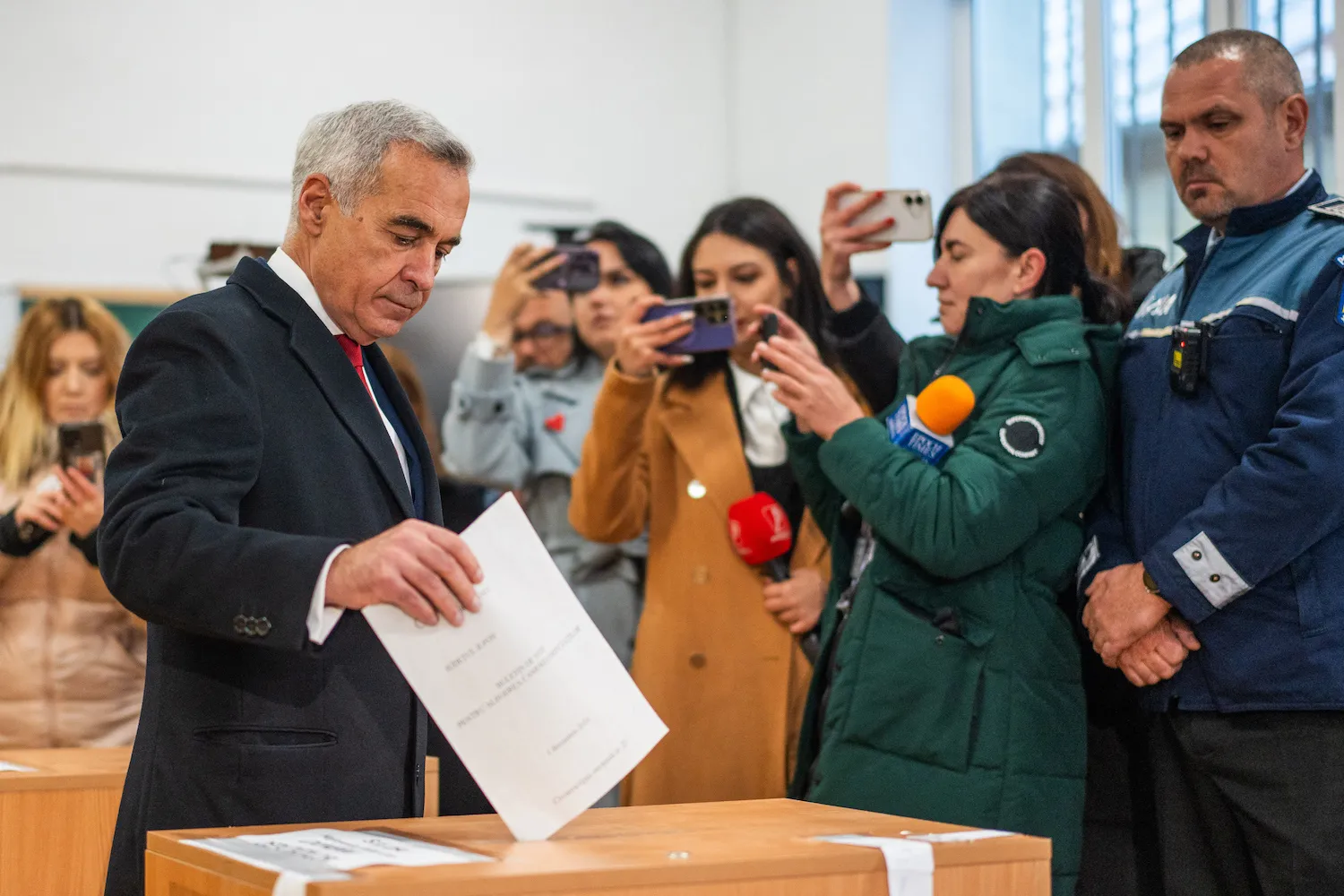
Romania orders presidential elections re-run, citing Russia’s malign influence
The first round was annulled and the upcoming second round of Romania’s presidential elections was cancelled by the Constitutional Court of Bucharest in December, which ordered a complete re-run of the voting, marking the latest in a series of explosive and unprecedented developments in the EU and NATO member state in recent weeks.
The Court’s decision followed warnings from Romanian security services that the first round of the vote could had been manipulated by a massive Russian influence campaign supporting an obscure far-right candidate, Calin Georgescu, a pro-Russian nationalist and an admirer of Putin and Donald Trump, which prevailed in the first round.
Romania’s presidential election, the first round of which took place on 24 November, has shaken the nation’s political landscape. The vote was held to select a successor to Klaus Iohannis, a two-term president recognised for his strong pro-Western stance and unwavering support for Ukraine. This critical election was held between parliamentary elections on 1 December, where pro-EU parties emerged victorious, though the far-right bloc made significant gains, securing over one-third of the votes of Romanians.
In relation to the presidential elections, pre-election polls consistently predicted that Marcel Ciolacu, the then-centre-left Prime Minister and leader of the Social Democrats (PSD), Romania’s largest party, would advance to the 8 December run-off. They also suggested that George Simion, leader of the far-right Alliance for the Union of Romanians (AUR), was the most likely challenger.
However, when the polls closed, the results defied all expectations, plunging the country into shock. Neither Ciolacu nor Simion managed to secure the top two spots. Instead, in a stunning twist, far-right independent candidate Georgescu and reformist centre-right leader Elena Lasconi emerged victorious. Georgescu led the field with 22.9% of the vote, positioning himself as the unexpected frontrunner.
Georgescu, the surprise winner of the first round, ran as an independent candidate and was relatively unknown. However, Georgescu appeared to have capitalised on growing public dissatisfaction with traditional political parties, using nationalist rhetoric alongside anti-elite and anti-war messaging. His success was largely credited to his strategic use of social media, in particular the social network TikTok.
However, following the vote, doubts were immediately raised about how Georgescu could have secured victory solely through the use of social media, prompting the authorities in power to investigate potential external influences on the democratic processes in the EU and NATO member state.
Doubts and fears in this regard were later confirmed by the security services and subsequently validated by the Constitutional Court. The court’s unprecedented ruling followed President Klaus Iohannis’s declassification of intelligence. Reports revealed that Russia had conducted a sweeping online campaign involving thousands of social media accounts to bolster Georgescu on platforms like TikTok and Telegram. The intelligence documents, sourced from the Romanian Intelligence Service, the Foreign Intelligence Service, the Special Telecommunications Service, and the Ministry of Internal Affairs, provided evidence of the campaign. The reports, in particular, indicated that the country had been the target of “aggressive hybrid Russian attacks” during the election.
By its decision, the Constitutional Court effectively affirmed allegations that Russia orchestrated a coordinated online effort to support the far-right outsider.
Prime Minister Marcel Ciolacu described the annulment as “the only correct solution” after intelligence revealed that the Romanian vote had been “flagrantly distorted” by Russian interference. However, pro-European candidate Lasconi condemned the ruling as “illegal, amoral, and a crushing blow to democracy.” Georgescu also dismissed the decision as an “official coup” d’etat.
The Court’s decision, though criticised by some media outlets and political analysts, paves the way for stabilising the country after weeks of turmoil and protests against Georgescu.
Meanwhile, current President Klaus Iohannis announced he would remain in office until a new presidential election could be organised from scratch. The date for the fresh elections will be determined by the new Romanian government, likely to be supported by pro-Western parties that secures the most votes in the legislative elections. Pro-EU parties have agreed to form a ‘Grand Coalition’ government to counter the rise of the far-right.
Further News and Views
Massive student protests in Serbia continue after the Novi Sad tragedy
Sources: Euronews, N1, The Associated Press, Radio Free Europe, Eurotopics
Serbia is experiencing a massive wave of student-led protests, potentially creating significant challenges for the government and populist President Vucic.
The demonstrations began after a canopy collapsed at Novi Sad railway station on 1 November, killing 15 people, and then spread to universities and high schools. Protesters accuse the government of corruption and negligence, linking the disaster to substandard renovation work involving also Chinese state firms. They also requested the authorities to make public all documents related to the Novi Sad station reconstruction.
Rallies have intensified recently, with hundreds gathering outside Serbia’s state television headquarters in Belgrade, accusing it of spreading President Aleksandar Vucic’s claims that the protests are a Western-funded attempts to overthrow his government. Demonstrations against the current populist administration have expanded nationwide, with dozens of universities occupied also in other areas, and students demanding democratic reforms and justice.
Critics view the Novi Sad disaster as emblematic of Vucic’s alleged authoritarianism, prompting daily protests, some of which have turned violent. While prosecutors have detained 13 individuals, the release of a former government minister has raised doubts about the integrity of the investigation.
Romania pro-EU parties agree to form coalition government
Sources: The Guardian, Al Jazeera, Euronews, Anadolu
Romania’s pro-EU parties committed to form a coalition government and agreed to consider fielding a single candidate in next year’s rerun of the annulled presidential election.
The Social Democratic Party (PSD), their coalition partners the centre-right National Liberal Party (PNL), the opposition Save Romania Union (USR), and the ethnic Hungarian party UDMR pledged to act swiftly to form the new executive in Bucharest. Despite past clashes, the parties presented a united front, issuing a statement that highlighted their commitment to “building trust in institutions, ensuring good governance, transparency, and respecting citizens.”
The PSD secured the most seats in the 1 December general election, but ultranationalist and hard-right parties, some with pro-Russian sympathies, collectively won over a third of the vote.
One of the new administration’s first tasks will be setting dates for the election’s first and second rounds of the elections for the new president. Until then, outgoing President Klaus Iohannis will appoint a new prime minister and remain in office until his or her successor is sworn in.
EU - NATO
North Macedonia’s Shekerinska takes over as NATO Deputy Secretary General
Sources: NATO, Radio Free Europe, MIA, Balkan Insight
Radmila Shekerinska of North Macedonia assumed office as NATO Deputy Secretary General on 2 December, becoming the first woman from the Western Balkans to hold such a significative role.
A former Deputy Prime Minister and Defence Minister in her native country, Shekerinska oversaw North Macedonia’s successful NATO accession in 2020. In her official biography, NATO highlighted her expertise as a policy-maker, her advocacy for gender balance, and her strong commitment to foster transatlantic relations. NATO recalled that she had also helped brokering fundamental agreements for North Macedonia, most notably the three that shaped the country’s democratic path, i.e. Ohrid, Przhino and Prespa. Shekerinska left Macedonian politics in 2021 after her party’s local election defeat, but was then chosen as a vice-president of the Party of European Socialists.
At NATO, she replaced acting Deputy Secretary General Boris Ruge, who temporarily filled the role after Mircea Geoana resigned to run for Romania’s presidency. Her appointment underscores the Western Balkans’ strategic importance to NATO.
ECONOMICS
Bulgaria could stop the transit of Russian gas
Sources: BNE Intellinews, BNN Bloomberg, Radio Bulgaria, Euractiv
Bulgaria may halt the transit of Russian natural gas to Serbia and Hungary if Gazprom Export fails to find a way to pay for the service without using the US-sanctioned Gazprombank, the Bulgarian Energy Minister Vladimir Malinov warned.
The Biden administration recently imposed sanctions on Gazprombank, the entity processing European payments for Russian gas, as part of measures targeting Russia’s financial sector to increase pressure on the Kremlin.
The sanctions include a transition period, ensuring gas transit to Serbia continues until the end of December. However, a solution must be found by 20 December to prevent disruptions for Serbia, Hungary, and other Balkan nations.
Gazprom currently has two export routes to Europe: one via Ukraine and through Bulgaria along the Turkish Stream’s European leg. The southern route, responsible for over 15 billion cubic meters of gas this year, supplies Serbia and Hungary via the Balkan Stream and also serves Greece and North Macedonia through Bulgaria.

Stefano Giantin
Journalist based in the Balkans since 2005, he covers Central- and Eastern Europe for a wide range of media outlets, including the Italian national news agency ANSA, and the dailies La Stampa and Il Piccolo.

